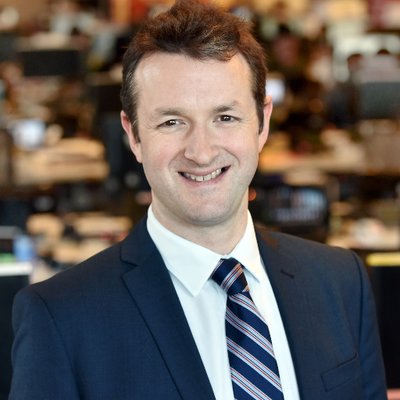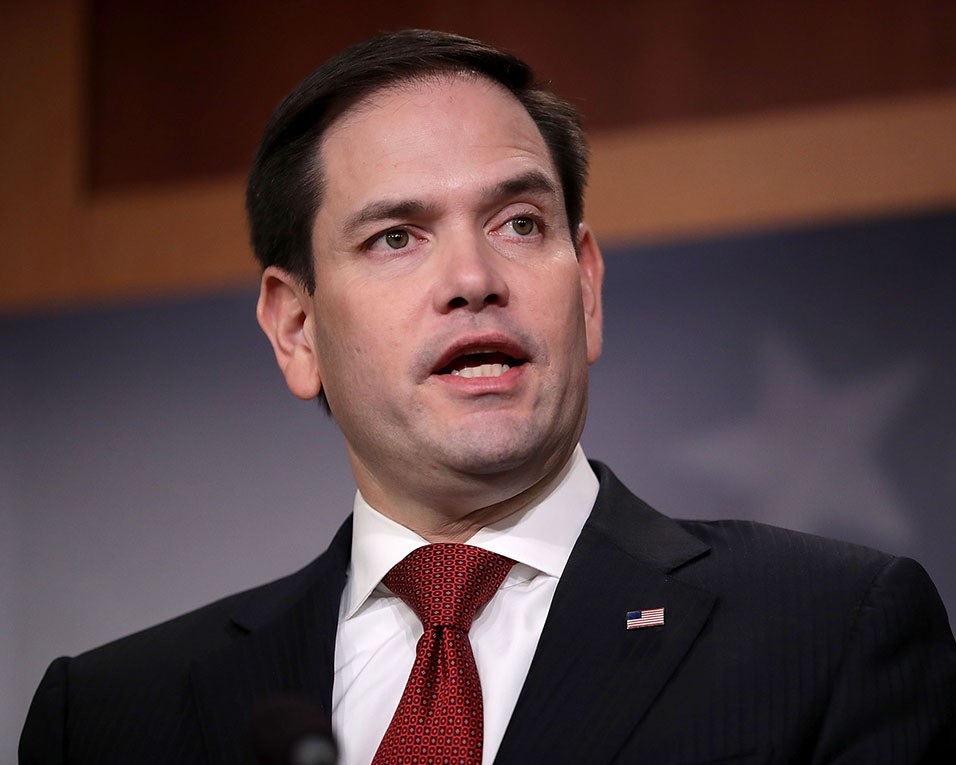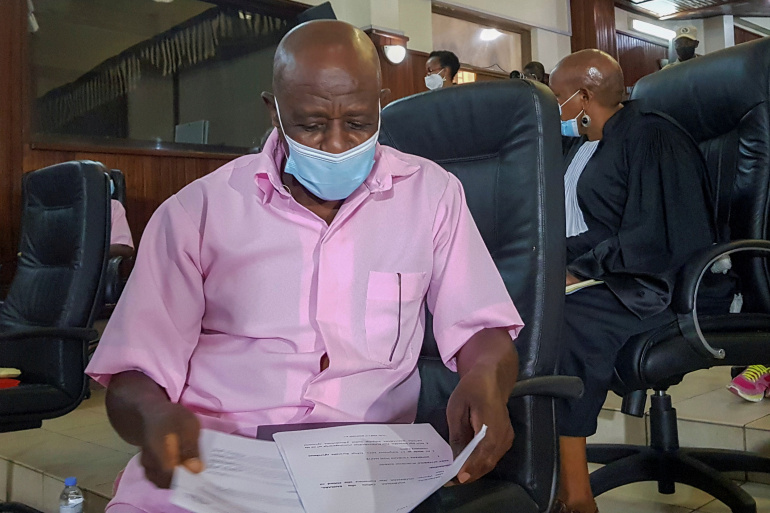Opinion
Open letter to BBC World Service Group

Dear Mr. Jamie Angus,
I am
writing to you in your capacity as the Director of the BBC World Service Group,
which is responsible for the Kinyarwanda programs, BBC - Gahuza Miryango.
When BBC started broadcasting in Kinyarwanda after the 1994 genocide against
the Tutsi, many of us in Rwanda welcomed the initiative, with the hope that it
would help to heal the wounds. We hoped it would help Rwandans in the
reconciliation and reconstruction efforts. But before long, we realized that the
Kinyarwanda broadcast especially Imvo n'Imvano had a
totally opposite editorial line and intent. Rwandans renamed BBC Kinyarwanda as
Gatanyamiryango because of its divisive agenda.
Let me first
bring to your attention the just concluded case involving Paul Rusesabagina and
20 other people who were tried and sentenced for their role in terror
activities that killed nine people, left many other injured and traumatic, and
lots of property vandalised.
In court proceedings,
one of your employees who is a Rwandan, Ally Yusuf Mugenzi, a long-time host of
the Imvo N’Imvano program, was mentioned
by prosecution among journalists who conspired to frame a false narrative aimed
at shifting
responsibility for the killings of civilians in the Nyabimata
attacks from the terrorists to the government. This was done under a coded plan
dubbed, “false flag operations.” Mugenzi was on a chat group with Rusesabagina’s
family where all the fictitious framing was planned. Does this represent the high quality,
impartial and editorial independent international news that BBC world service
claims to stand for?
It is very dangerous to
see that an international media house meant to be a role model of responsible
journalism and ethical standards is at the helm of sowing seeds of divisionism
among Rwandans, aimed at returning our country to the dark past. This kind of
editorial line aids the last stage of genocide; denial and shifting the blame
to those who stopped the genocide. It is aimed at re-writing Rwandan history.
Some questions come to
mind when the BBC decides to employ people like Mugenzi, an outright
sympathizer of the genocide perpetrators. If the BBC does not give space to
neo-Nazis, then why does it uphold different standards when it comes to Rwanda?
Is it because the more
than a million Rwandan lives that perished during the genocide against the
Tutsi do not matter, or simply because they have a black skin? My request to
you is that BBC should let our dead rest in peace rather than mocking and
dancing on their graves.
In the case of
Rusesabagina, your media house gives the Rusesabaginas free access to distort
facts. In one recent tweet of BBC news, Gahuza Miryango reported that, “Rusesabagina:
Iminsi 15 ishize atarabona inyandiko yo gukatirwa,” (Rusesabagina has spent 15
days without receiving documents for his sentencing). This is a lie because
after sentencing, the documents are available online in the judiciary system,
which can be accessed by his lawyers.
Secondly, I hope you recall the BBC documentary
film broadcast in 2014, under the title; “Rwanda: The untold story.”
British researcher and publisher Andrew Wallis, noted
that, “the film's cursory "explanation" for
what happened was based on the claim by a single RPF defector, now in France,
that he heard Kagame order the destruction of the plane. The programme also
cited the report by French judge Jean-Louis Bruguière, published in 2006. This
report has long since been derided for relying on half a dozen Rwandan
defectors, many of whom swiftly went public to say that their statements had
been corrupted to meet Bruguière's requirements, and that they had been
promised French visas should they comply with his wishes.”
Your media house has assumed the role of
prosecutor and judge on all matters to do with Rwanda. It is apparent to
everyone that BBC coverage on Rwanda is not journalism at practice but
political propaganda at play.
It is absurd to see that instead of serving its
noble cause as a credible international media house, BBC is used as a political
tool against the unity of Rwandans as well as undermining the legitimate
government in place.
Dear
Mr. Jamie Angus,
You
are in a position of leadership that requires you to take the right decisions
in regard to the BBC editorial line on Rwanda. If you ignore to do so, you will
be counted on the wrong side of history. BBC programs serve to torment millions
of Rwandan people whose hearts are still bleeding.
Rwandans do not need sympathy. But they will
be well if you took action and BBC gives them peace. Using their own language –
Kinyarwanda - on BBC airwaves to destroy their country that is still in
stitches after the 1994 genocide against the Tutsi is being insensitive to
their suffering.
Sincerely,
Esteri
Kanakuze
Nyabimata
village.
CC:
UK
Prime Minister
Rwandan
High Commissioner in London
Rwandan
Minister of Foreign Affairs and Cooperation






